Emad Hefny is Founder & CEO of Seeders Capital, providing sustainable building solutions in Egypt and Spain.
Seeders Capital is one of the first global organisations to advance cities towards circular economies, through zoning and self-sufficiency initiatives.
Emad has an MSc in Finance and published research on waste management.
We posed some questions to him on the value of healthy buildings and smart, sustainable cities.
1. What is the ambition of Seeders Capital?
Seeders Capital helps creates healthy buildings within smart and sustainable city zones. These are: Clean Air Zones, Zero Waste Zones, Clean Energy Zones, and Clean Water Zones.
Leveraging green financing, impact investing, IoT technology, carbon monitoring, and more – Seeders empowers individuals, businesses, and governments to adopt sustainable solutions across value chains.
Our solutions are ecological and modular: holistically improving urban life.
Seeders currently represents and works with over 20 top global entities, creating healthy buildings and zero pollution zones.
2. How did you get into sustainability and healthy buildings?
I have always been fascinated by waste management and circularity, digging deeper during my BSc studies to examine Waste-to-Energy feasibility in Egypt.
In 2015, I published a research paper: “Strategic planning of Municipal Solid Waste Management in Developing Countries”.
Finance took me to waste management – it was easy to connect the dots and add healthy buildings to the portfolio.
3. What is the biggest challenge we face in making the built environment sustainable?
We are the biggest challenge. We have always been taught that the only constant is change yet the human brain is wired to certainty.
Too often, we see leaders viewing sustainability through a short-sighted lens of operations rather than using it for business transformation and growth. Shifting this mentality is our biggest challenge – and opportunity.
4. The most innovative building solutions you’ve seen?
Biophilic designs, modular renewable energy, and onsite waste management.
The move towards green energy has long been a hot topic but diversifying the renewables mix has become a necessity.
Today’s buildings can be largely self-dependent on energy: through optimised solar, modular wind, and onsite waste recycling and transformation.
Seeders is delivering exactly that. A building can be a Clean Energy Zone, a Zero Waste Zone, Clean Water Zone and a Clean Air Zone – a huge leap towards independence and business model optimisation.
5. In 2050, what will our cities look like?
It’s too hard to predict how things will materialise in the next 3 years!
I predict few companies will survive to 2050, consumer behaviour will drive innovation, and sustainability will lead to smart, automated, nature-driven, wellbeing-focused urban centres.
Featured Stories & Insights
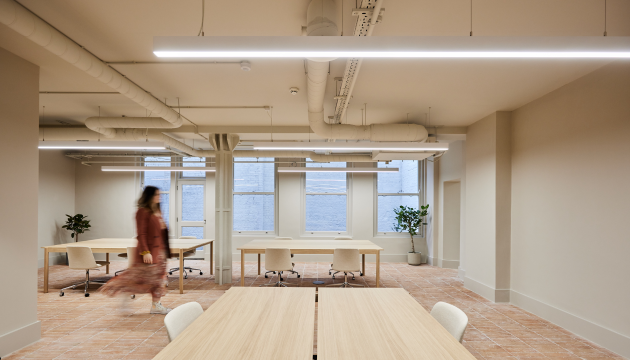 30th January 26
30th January 26
Data, Demand & the Future of Office Performance
In conversation with Greg Blanchard, Portfolio Manager at TSP Data has become a big theme...
Read More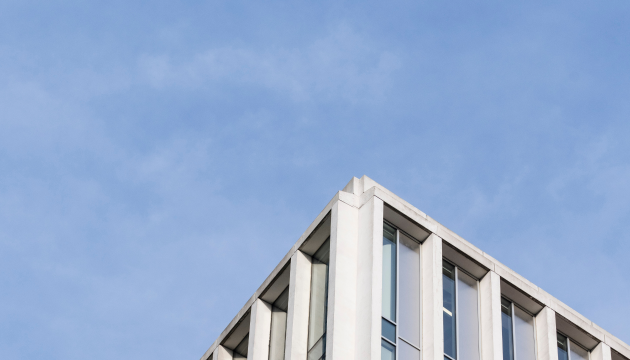 28th January 26
28th January 26
Goodman’s TSP Goes Nationwide with KSA Acquisition
LONDON, 20th January 2026 | News by Tim Burke, EG TSP, the office-focused property manager...
Read More 8th January 26
8th January 26
Business Rates are Changing in April: 4 things charities should watch for
Business rates are being reset in April 2026, and for charities this is a direct...
Read More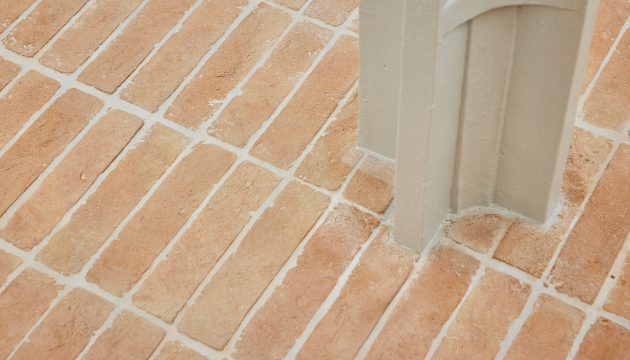 8th January 26
8th January 26
4 Ways to Win the Office Game in 2026
The office market is recovering, but not evenly. As we move into 2026, one thing...
Read More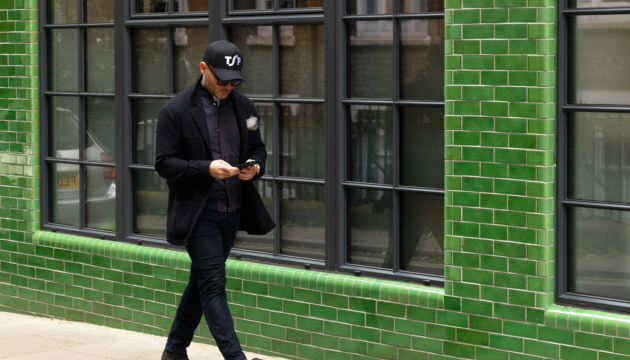 17th November 25
17th November 25
Lessons Learnt from 2025 | by Zac Goodman
The market shifted (again), expectations changed (again), and the way people use space evolved in...
Read More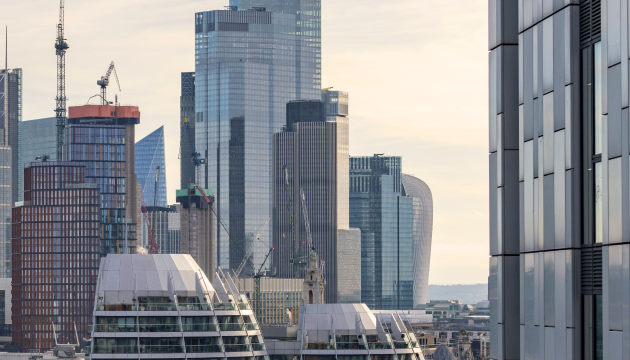 10th November 25
10th November 25
From Vauxhall to Value: How Aldgate Became London’s Charity Heartland
TSP’s Jonathan shares his perspective on why Aldgate has become the go-to destination for London’s...
Read MoreView all